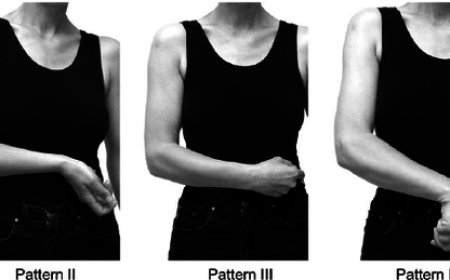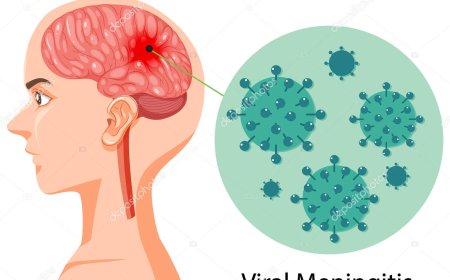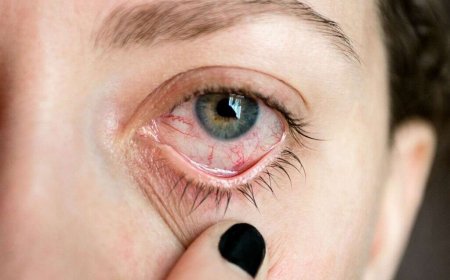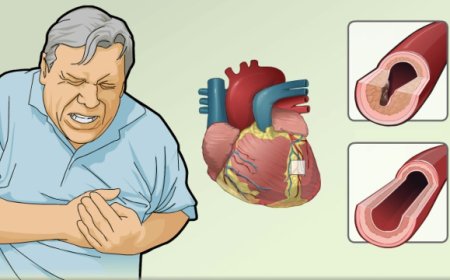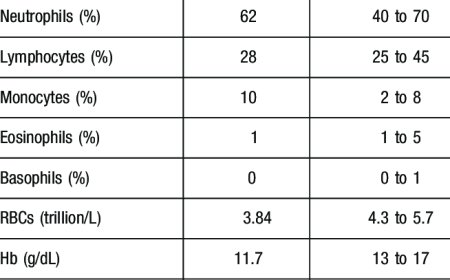Diabetic Retinopathy
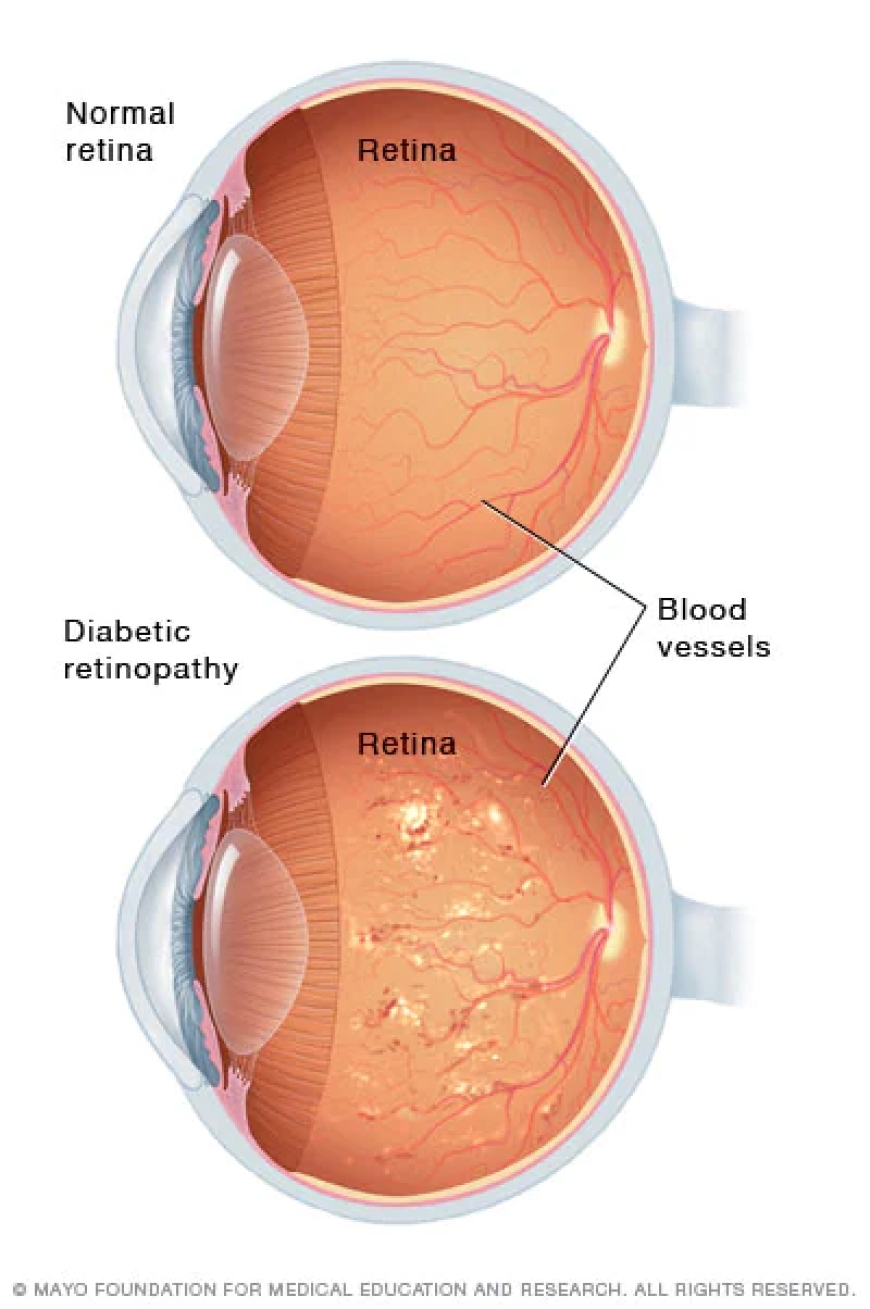
Introduction:
Imagine looking at a beautiful painting, reading your favorite storybook, or playing your favorite game without being able to see clearly. Diabetic Retinopathy is a serious eye condition that affects people with diabetes in India and all over the world. Let's learn more about it in simple language so even 10-year-old children can understand.
Signs and Symptoms:
Diabetic Retinopathy doesn't show any symptoms in the early stages, which is why it is crucial for people with diabetes to get their eyes checked regularly. As the condition progresses, the following signs may appear:
- Blurred or hazy vision.
- Seeing floating spots or dark strings in your vision.
- Difficulty seeing at night.
- Sudden loss of vision.
What Is Diabetic Retinopathy?
Diabetic Retinopathy is an eye disease that affects the retina, the light-sensitive part of your eye that helps you see. When you have diabetes, high blood sugar levels can damage the tiny blood vessels in your retina, causing them to leak blood and fluid. This damages your vision and can lead to blindness if not treated.
How Is Diabetic Retinopathy Classified?
There are two main types of Diabetic Retinopathy:
-
Non-proliferative Diabetic Retinopathy (NPDR): In this early stage, small blood vessels in the retina leak, causing it to swell. This may lead to blurry vision.
-
Proliferative Diabetic Retinopathy (PDR): In this advanced stage, new, abnormal blood vessels grow in the retina. These fragile vessels can break and bleed into the eye, causing severe vision loss.
Causes and Triggers:
The primary cause of Diabetic Retinopathy is diabetes. When your blood sugar levels are too high for a long time, they can damage the blood vessels in your eyes. Uncontrolled diabetes is the main trigger, but other factors like high blood pressure and high cholesterol can make the condition worse.
Risk Factors with Examples:
Certain factors increase the risk of developing Diabetic Retinopathy:
-
Poorly Managed Diabetes: If someone with diabetes doesn't take their medication, eat unhealthy foods, and skip exercise, their risk of Diabetic Retinopathy increases.
-
Family History: If someone's parents or grandparents had Diabetic Retinopathy, they have a higher chance of getting it too.
-
Smoking: Smoking can harm the blood vessels in the eyes and make Diabetic Retinopathy worse.
-
Pregnancy: Pregnant women with diabetes need extra care because pregnancy can worsen Diabetic Retinopathy.
Types of Diabetic Retinopathy:
-
Mild NPDR: In this stage, tiny blood vessels in the retina leak.
-
Moderate NPDR: More blood vessels are damaged, and the retina starts to swell.
-
Severe NPDR: Many blood vessels are blocked, causing a significant loss of vision.
-
PDR: New blood vessels grow in the retina, leading to bleeding and scar tissue formation.
Diagnostic Tests and Treatments:
To diagnose Diabetic Retinopathy, doctors use the following tests:
-
Dilated Eye Exam: The doctor puts drops in your eyes to widen the pupils and examine the retina.
-
Fluorescein Angiography: A dye is injected into your arm, and pictures are taken as it flows through the blood vessels in your eyes. This helps find leaky blood vessels.
-
Optical Coherence Tomography (OCT): This test takes detailed images of the retina's cross-section to detect swelling or fluid accumulation.
Treatments:
-
Eye Injections: Medicine is injected into the eye to reduce swelling and stop abnormal blood vessels from growing.
-
Laser Surgery: Laser beams are used to seal leaking blood vessels and stop new ones from growing.
-
Vitrectomy: In severe cases, the gel-like fluid in the eye is removed to clear vision.
Complications and Prevention Techniques:
Diabetic Retinopathy can lead to vision loss and blindness. To prevent it, kids can:
-
Eat Healthy: Choose fruits, vegetables, and whole grains instead of sugary snacks and drinks.
-
Exercise Regularly: Stay active by playing sports, dancing, or doing fun physical activities.
-
Take Medication: If you have diabetes, take your medicine as the doctor tells you.
-
Visit the Eye Doctor: Go for regular eye check-ups, even if your eyes feel fine.
taking care of your eyes is essential, and with a healthy lifestyle and regular eye check-ups, you can keep your eyesight crystal clear!
What's Your Reaction?
 Like
0
Like
0
 Dislike
0
Dislike
0
 Love
0
Love
0
 Funny
0
Funny
0
 Angry
0
Angry
0
 Sad
0
Sad
0
 Wow
0
Wow
0


























































